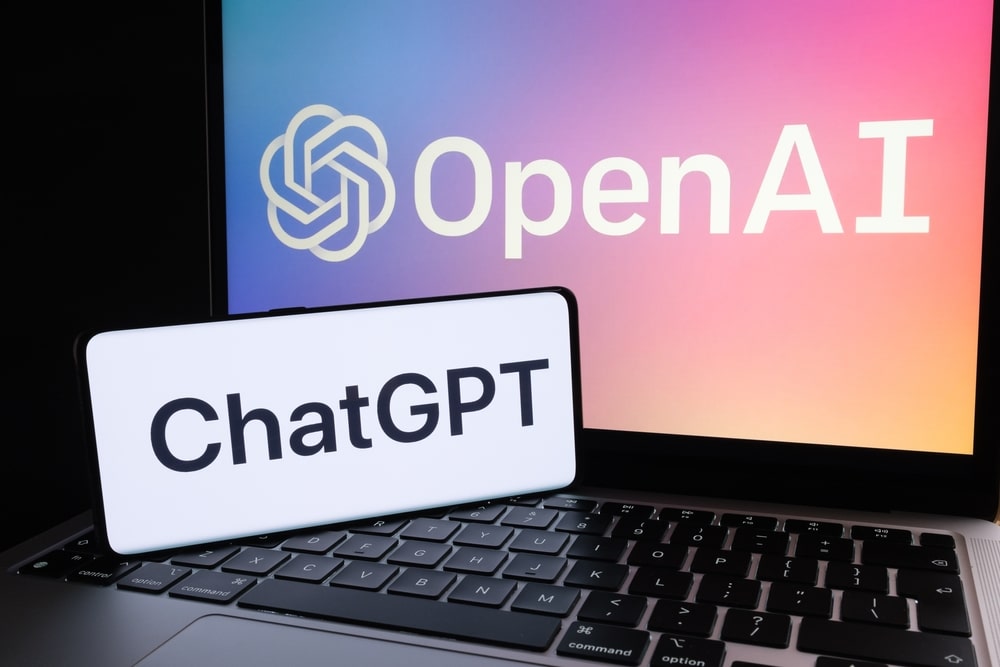The firm behind the popular ChatGPT chatbot faces mounting regulatory scrutiny as legislators drawn from the United US and European Union propose artificial intelligence-specific legislation.
Legislators worldwide admit that artificial intelligence is rapidly gaining traction leading to its integration into various mainstream sectors. Proposing legislation to guide in regulating the nascent tech is inevitable.
Microsoft-backed OpenAI Scraped Private Data from Internet Platforms
Beyond the proposals, OpenAI faces a class-action lawsuit in the California Court alleging data theft. The ChatGPT maker is accused of scraping private data from the internet. The suit identifies the firm led by Sam Altman as its chief executive scraped for private user data when training its popular ChatGPT chatbot.
Clarkson Law Firm submitted the lawsuit documents in the Northern District of California. The Wednesday, June 28 filing claims Altman-led OpenAI trained its natural language processing AI tool (ChatGPT) by leveraging data stolen from social media comments and blog posts.
Clarkson alleges that the San Francisco-based firm collected data from family recipes and Wikipedia publications without obtaining the consent of the users. By doing so, OpenAI contravened provisions in the copyrights and privacy regulations by trampling the rights of millions of internet users.
Did OpenAI Breach Computer Fraud and Abuse Act in Alleged Data Theft?
The lawsuit identifies 16 plaintiffs that OpenAI illegally invaded their privacy by harvesting information captured in their interactions. The proof of the allegations submitted to the California court as accurate would imply that OpenAI breached provisions enshrined in the Computer Fraud and Abuse Act.
The plaintiff cited a Computer Fraud and Abuse Act breach, a law with multiple precedents on web-scraping incidents. The lawsuit identifies Microsoft as a defendant who is a major investor in the California-based tech firm.
Clarkson submitted that OpenAI products are leveraging stolen private information. The suit indicates that the firm contravened the right to privacy space by accessing identifiable information of individuals. Private data theft affects hundreds of millions of internet users. The victims include children of diverse ages that OpenAI offended. It executed the actions without seeking consent and informing the parties of the intent to train the AI-powered Chatbot.
Clarkson reiterated that OpenAI violated the Computer Fraud and Abuse Act by secretly collecting obscure personal data from millions of unsuspecting internet users and misappropriating it in developing volatile and untested technology. The counsel submitted that OpenAI subjected the users to a zone susceptible to incalculable risk. The decision amounts to unacceptable under the metrics of responsible data protection.
California Class-action Lawsuit Against OpenAI Echoes Concerns Raised by Italian Authorities
The lawsuit echoes the stance adopted by the Italian authorities that alleged ChatGPT violated the EU data protection law. In April, the Italy Data Protection Authority issued a temporary ban for the ChatGPT, alleging a suspected breach of privacy regulations.
The Italian authority identified as Garante claimed the Microsoft-backed OpenAI failed to authenticate the ChatGPT’s users’ age and whether they attained the mandatory minimum of 13.
Clarkson echoes Garante’s submission in April that OpenAI lacks a legal basis justifying the massive collection and storage of private data they utilize in training the chatbot. The Italian authorities would later reactivate ChatGPT following OpenAI’s quick action to address the concerns raised.
Several authorities across EU member states initiated similar scrutiny since ChatGPT triggered a tech craze worldwide. It inspired rivals to unveil similar products. Companies across the mainstream and crypto sector also accelerated the integration of the technologies into their product offering and applications.
Clarkson’s lawsuit borrows heavily from the stance of the European Commission that AI products and firms active in the EU region should comply with the General Data Protection Regulation (GDPR). The professor at Umeå University in Sweden, Johanna Björklund, regretted that OpenAI failed to disclose how it trained the ChatGPT model, hence failing the transparency test.
US and EU Lawmakers Take Action to Regulate AI
The traction realized by AI technology in the past year, led by the massive popularity of ChatGPT, is convincing governments to take action. The US and EU took the initiative with proposals that would regulate the AI industry.
The US lawmakers embarked on a bipartisan proposal on June 20 led by National AI Commission Act. The act seeks the establishment of a commission to reexamine the country’s approach toward AI.
The European Parliament approved the Artificial Intelligence Act in Mid-June. The legislation targets to introduce AI governance and supervisory oversight over the AI industry.
Editorial credit: Ascannio / Shutterstock.com
At Tokenhell, we help over 5,000 crypto companies amplify their content reach—and you can join them! For inquiries, reach out to us at info@tokenhell.com. Please remember, cryptocurrencies are highly volatile assets. Always conduct thorough research before making any investment decisions. Some content on this website, including posts under Crypto Cable, Sponsored Articles, and Press Releases, is provided by guest contributors or paid sponsors. The views expressed in these posts do not necessarily represent the opinions of Tokenhell. We are not responsible for the accuracy, quality, or reliability of any third-party content, advertisements, products, or banners featured on this site. For more details, please review our full terms and conditions / disclaimer.



